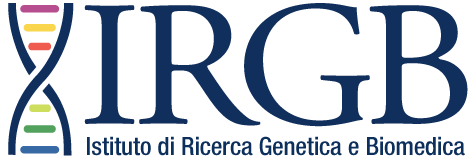Project Description
The Sardinian Genome Project for medical and human evolution discovery
Next generation sequencing has revolutionized the resolution of genetic analyses.
Since 2010, the IRGB institute has exploited this advanced technology with a lowpass sequencing approach aiming at the genetic characterization of the Sardinian population.
We sequenced about 3,500 whole genomes discovering more than 23M variants. We incorporated this sequence information into an extremely dense imputation panel, allowing us to genotype these markers, in silico, in more than 15,000 Sardinians. This unprecedented power permits us to detect variants affecting quantitative traits and complex diseases.
This dataset clarifies the genetic structure of the island, highlighting the effects of Sardinian isolation when compared to other European populations. Interesting examples are represented by the evidence of loci under the selective pressure of Malaria, enriched in the Sardinian population but absent or very rare in the rest of Europe.
Moreover, the combination of archaeological data with phylogenetically useful Y chromosome and mitochondrial haplogroup information will provide a unique opportunity to reconstruct the demographic evolution of this isolated population.
Contacts:
carlo.sidore@irgb.cnr.it
andrea.angius@irgb.cnr.it
References:
Sidore C. et al., Nat Genet 2015
Danjou F. et al., Nat Genet 2015
Zoledziewska M. et al., Nat Genet, 2015
Keywords:
NGS, GWAS, Population genetics, Evolution


